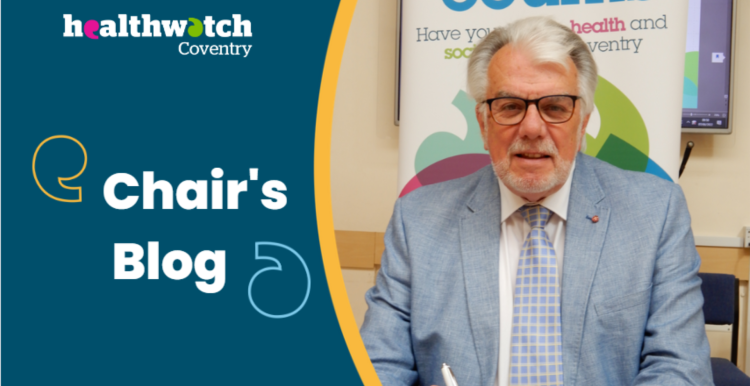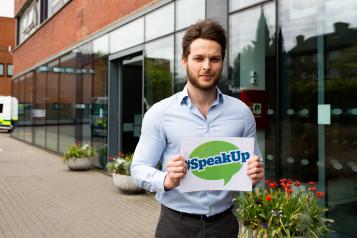Working for change in the Marmot city

In 2013 Coventry declared that it was a Marmot city. I remember a press report waxing lyrical about the benefits that would follow, but nowhere in the report was there any explanation of what the term “Marmot” actually meant.
The name is taken from Professor Sir Michael Marmot, who observed that, to be effective, our healthcare system should focus on and address the inequalities of how people live and work, the circumstances that affect those things, and the impact on our health. Sir Michael proposed a network of towns and cities that would commit to the pursuit of eight principles, which he has identified following a strategic review of health inequalities, published in 2010, and a follow-up ten years later.
The original six principles were:
- give every child the best start in life;
- education and lifelong learning;
- employment and working conditions;
- make sure everyone has enough money to lead a healthy life;
- develop healthy and sustainable places and communities;
- take a social determinants approach to ill health prevention.
In the light of the Covid-19 pandemic, two further principles were added: tackle racism, discrimination, and their outcomes; and pursue environmental sustainability and health equity together.
Many of those principles reflect the issues raised by people in the city who contact Healthwatch Coventry on a daily basis. Access to GP services remains difficult for many, although we have heard of practices where improvements have been made. Many find access to NHS services generally hard to manage, with communication a major hurdle. People often find it is not easy to understand the information they receive, and hard to work out where they should go for the assistance they need.
Many find access to NHS services generally hard to manage, with communication a major hurdle.
The information that arrives at Healthwatch Coventry often includes the experiences of those in Coventry that do not have a strong voice and face barriers when trying to navigate the system. Dental care, for example, presents many obstacles with patients telling us it is expensive, if not unaffordable, and that access to NHS dentistry can be difficult. This is one of a number of areas where people tell us cost-of-living increases have an impact for them. Another is the cost of travelling to the various locations patients are required to visit.
Barriers in access to maternity care for newly arrived women were identified in our work last year. Peoples' confusion in dealing with or lack of access to services provided by digital means is regularly highlighted to us.
We also hear about the disadvantages that can affect people in the city’s many ethnic minority communities. These diverse communities bring so much which benefits Coventry, both culturally and economically, yet health inequalities persist.
We present and report on all of this in our regular meetings with Health and social care leaders and other representatives of the services in Coventry. We also work with those engaged in achieving the improvements that are being achieved in our Marmot city, and there is much still to do.

